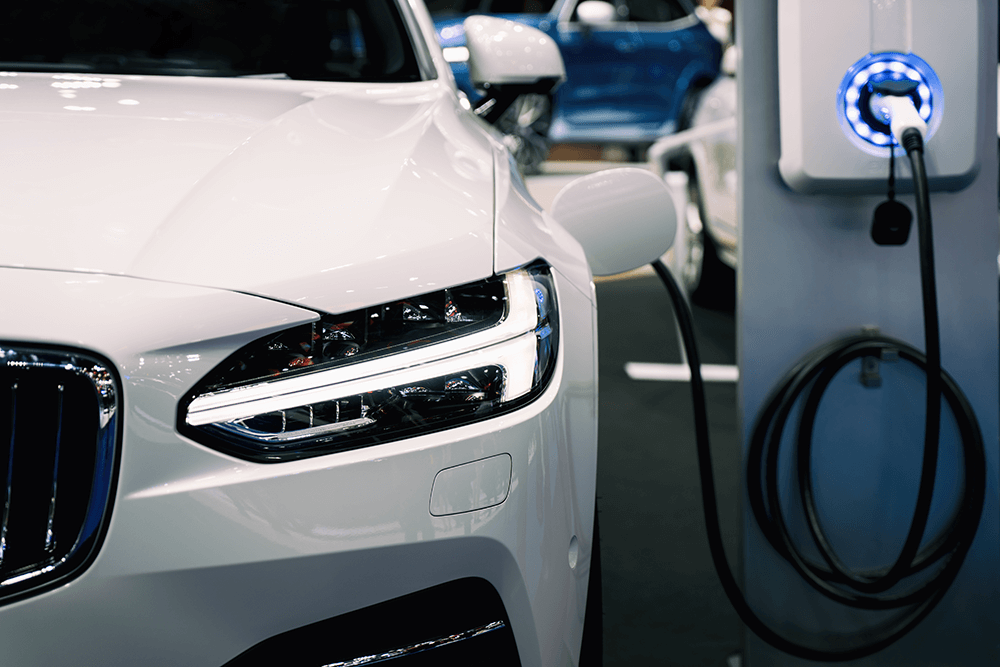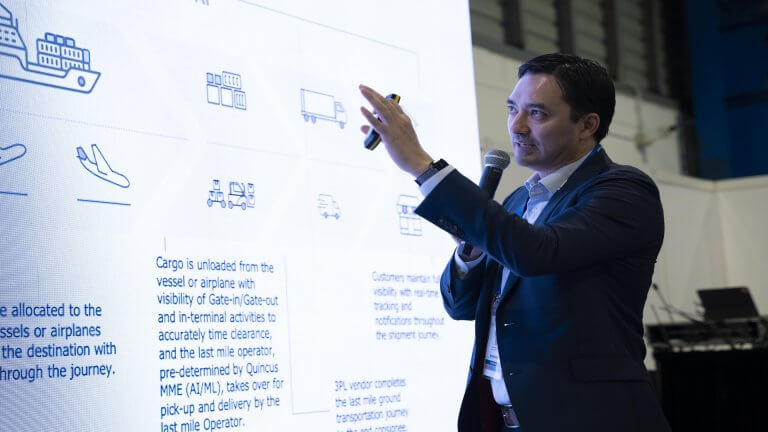
Can electric vehicle supply chains survive?
As global warming effects become harder to ignore, countries are turning to more environmentally friendly alternatives to combat climate change. Efforts include conserving the use of fossil fuels and adopting electric vehicles.
The death of fossil fuels: fossil fuel alternatives
Countries around the world are beginning to pledge an end to the use of fossil fuels in the next decade. One booming alternative to fossil fuel-powered vehicles is Battery Electric Vehicles (BEVs). Singapore is set to become the first Southeast Asian (SEA) country to ban fossil fuels by the year 2030. The Indonesian government has also pledged to transition to electric-powered vehicles by 2040 for motorcycles and 2050 for cars.
More companies are acknowledging environmental economics and are concerned about the weight of their carbon footprint. Obligations between businesses no longer end at selling products but extend to upholding moral and social obligations to the environment.
Pros and cons of electric vehicles in the supply chain
Electric vehicles optimize energy efficiency, resource security, and decarbonization, ultimately reducing pollution and protecting the climate.
Still, with the technology in its infancy, there are challenges concerning energy storage that could lead to limited range, long-term charging issues, lack of charging stations, and high initial costs. These issues also raise concerns about reliability. Governments and innovative companies are developing technological solutions to solve these issues. With more charging stations, increased battery capacity, stationary vehicle-to-vehicle (V2V) and peer-to-peer-car charging, and supply chain technology like route optimization software, supply chains can look forward to a quickly growing industry of reliable green energy alternatives.
Reducing fossil fuel consumption with route and schedule optimization
Route optimization and scheduling are pivotal to improving BEV charging, particularly for delivery vehicles and public transport. Delivery companies are turning to fossil fuel-free operations with sustainable fleets of electric vehicles. For example, FedEx has added 150 electric vans to start their journey to a fully electric future by 2040.
While a delivery company’s reliability depends on how fast they can deliver a package, electric vehicles currently face challenges due to the lack of charging stations.
That’s where route optimization comes in to plan routes that account for charging stops and charging times that support delivery demands. At the same time, Quincus gives your organization an overview of available drivers and their capacity in order to optimize space allocation and tasks.
Related: Technology is central to supply chain network optimization
Public transport operations have an even more complex model for route optimization which must account for wait times at every stop, the number of passengers, traffic, etc. The most important factor for route optimization in public transit is to find the route with the least energy consumption and most logical charging schedule, while guaranteeing reliable operations at minimal charging costs.
SEA is pioneering electric fleets. VinBus, a part of Vin Group, is a Vietnamese company focused on e-bus deployment. The company launched their electric buses in a localized area in April 2021 and plan to launch 150-200 more buses in Ho Chi Minh, Hanoi, and Phu Quoc.
Quincus: Driving the future of electric vehicle optimization
Route optimization is an innovative and valuable tool driving the future of electric vehicles. Innovations are in store for route optimization, including maximizing drive time and range for electric vehicles, which can involve calculating factors like population density and road topography.
Quincus operates at the forefront of market demand. With the rise of electric vehicles, our innovations and continuous efforts to improve route optimization normalize electric vehicle use and reduce supply chains’ contributions to the climate emergency. Start planning your drop points in advance to conserve battery power and energy.
Let’s drive efficiency together. Generate your solution.
Subscribe to keep up with our latest news









